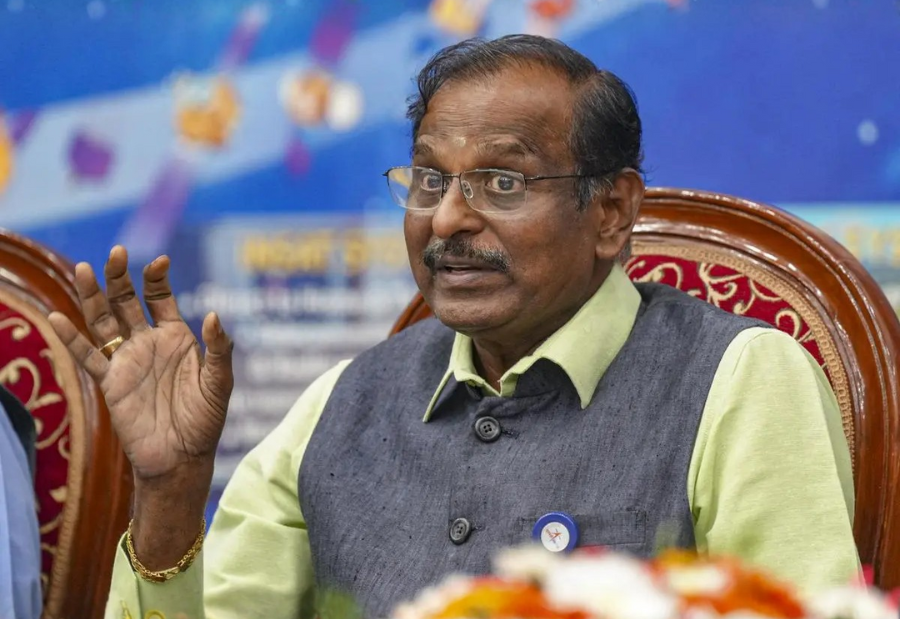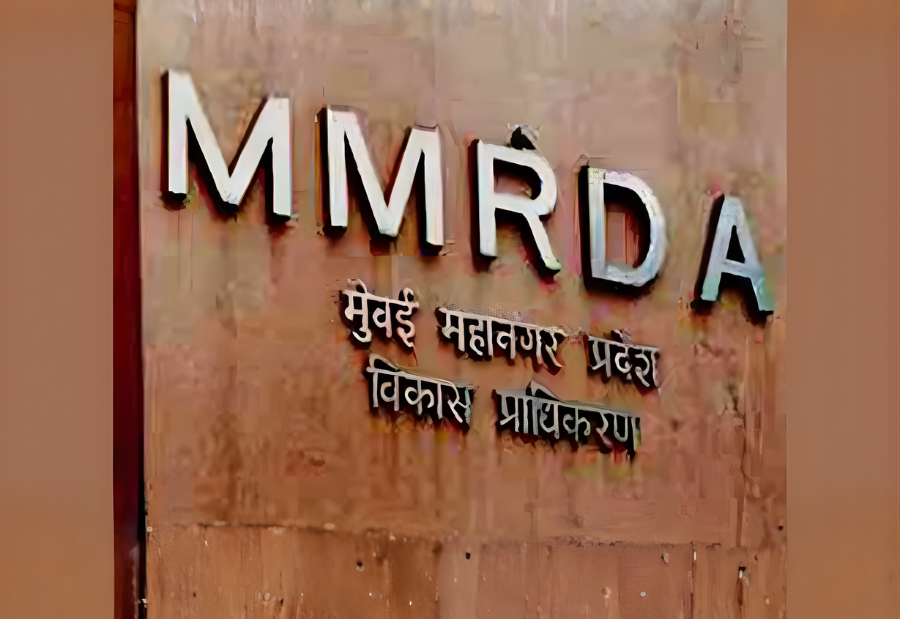India’s space sector is set for a major transformation as ISRO chairman V. Narayanan announced that the agency plans to transfer 50 percent of the development of the Polar Satellite Launch Vehicle to an industry consortium. He shared this update on November 6 during the India Manufacturing Show in Bengaluru.
Mr. Narayanan praised the strength of India’s aerospace, defence and engineering industries, stating that they already contribute nearly 80 to 85 percent of the systems used in ISRO missions. He said the consortium led by HAL and L and T has produced the first fully built PSLV and that ISRO aims to launch it by February this financial year. “Once we succeed in two launches by Indian consortium, our plan is to give at least 50% of the PSLV development directly to the Indian industry consortium,” he said.
The India Manufacturing Show 2025, the seventh edition of the event, is being held at the Bangalore International Exhibition Centre and focuses on aerospace, defence and general engineering sectors.
Mr. Narayanan highlighted that Indian industry contributed 80 percent of the CMS 03 mission, the heaviest communication satellite launched using LMV3 M5. He said this level of participation reflects the growing capability of domestic companies. He also recalled ISRO’s long journey, noting that the organisation launched a tiny U.S. made rocket from Indian soil in 1963 and has now completed major international missions.
He said the NISAR satellite, a major joint project, was built and assembled in India with significant involvement from Indian industries. He added that about 450 industries currently support ISRO missions, and space sector reforms have helped expand the startup ecosystem from just a few companies to more than 330 today.
ISRO has also transferred technology for the Small Satellite Launch Vehicle to HAL under a Rs 511 crore agreement, with plans to shift the production of 16 SSLVs to private players.
Looking back at key milestones, Mr. Narayanan said India’s soft landing near the Moon’s South Pole on August 23, 2023, was a historic moment. He referred to the Mars Orbiter Mission as a “marvel of precision” and highlighted India’s success in developing indigenous cryogenic engines. He also noted ISRO’s 100th rocket launch on January 29, 2024, and the development of a 32 bit indigenous computer processor with HCL.
India currently operates 56 satellites, and the ISRO chief said this number will grow significantly as part of long term expansion plans. He added that the Prime Minister has set a target of increasing India’s annual launch count from 10 to 12 to nearly 50 within the next five years.
Also read: Viksit Workforce for a Viksit Bharat
Do Follow: The Mainstream formerly known as CIO News LinkedIn Account | The Mainstream formerly known as CIO News Facebook | The Mainstream formerly known as CIO News Youtube | The Mainstream formerly known as CIO News Twitter
About us:
The Mainstream formerly known as CIO News is a premier platform dedicated to delivering latest news, updates, and insights from the tech industry. With its strong foundation of intellectual property and thought leadership, the platform is well-positioned to stay ahead of the curve and lead conversations about how technology shapes our world. From its early days as CIO News to its rebranding as The Mainstream on November 28, 2024, it has been expanding its global reach, targeting key markets in the Middle East & Africa, ASEAN, the USA, and the UK. The Mainstream is a vision to put technology at the center of every conversation, inspiring professionals and organizations to embrace the future of tech.




